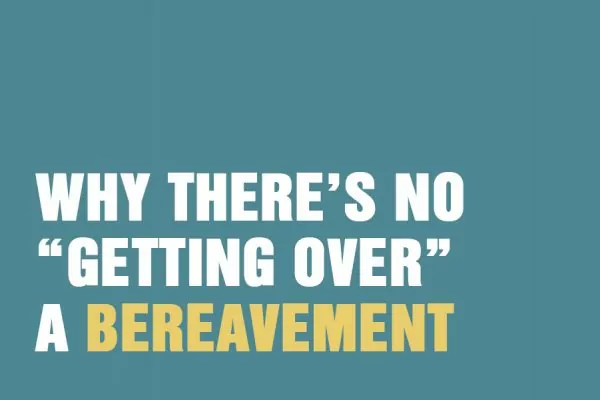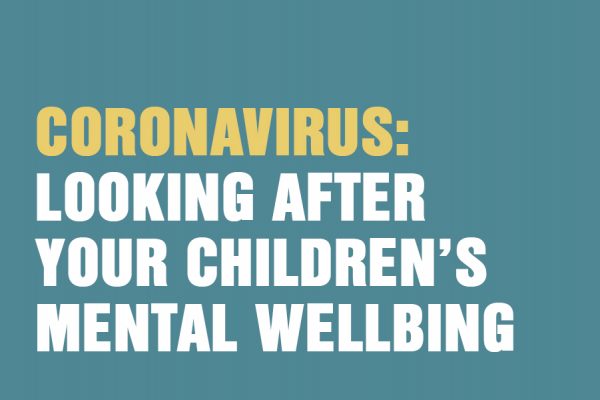Fear of abandonment is a type of anxiety that people experience when they are faced with the idea of losing someone.
Losing others, unfortunately, is a natural part of life. People move on, people die, people leave, and we cope with it. But those who have a fear of abandonment, live their lives in almost constant fear of these losses. Many people who have a fear of abandonment will go so far as to push away the people that they love so that when the other person leaves, it isn’t a surprise and therefore doesn’t hurt as much.
Fear of abandonment is not recognised as a mental health condition, but it is considered to be a type of anxiety and is treated as such by professionals.
The Symptoms
Fear of abandonment can be seen through various symptoms in both adulthood and childhood, and often develop from childhood symptoms into adulthood symptoms and behaviours.
In childhood, it is completely normal to show some form of reaction when a parent or caregiver leaves the room. Normally this is a bit of crying, maybe some shy behaviour, and then eventually getting on with whatever it is everyone else is doing (i.e. the classic nursery school drop-off reactions). However, when this natural reaction starts to turn into separation anxiety (become anxious even in advance of the parent or caregiver going anywhere), panic, and a fear of being alone, this could be a sign of some underlying mental health complications.
In adulthood, fear of abandonment might manifest in the following behaviours:
- Cycling through relationships: you might engage in numerous relationships, fearing intimacy with others, and finding reasons to end the relationship before the other person can.
- Sabotaging relationships: you might act irrationally to get out of a relationship such as knowingly pushing the other person away before they can push you away. This might be done by starting arguments, accusing them of cheating, cheating on them, and so on.
- Clinging to unhealthy relationships: alternatively, you might cling to relationships that you know aren’t good for you, because the idea of being alone is so much worse.
- Needing constant reassurance: you might constantly ask your friends or partners to reassure you, demanding emotional guarantees such as “I’ll always be there for you” and then accusing them of lying because you ‘know’ that “everybody leaves you”.
Causes
Fear of abandonment can be caused by neglect, abuse, or abandonment in childhood. These can be extreme and overt forms of neglect, abuse, or abandonment, or they can be smaller acts such as parents divorcing.
When we are young children, we are all egocentric – it’s normal and natural and how we got our needs met. This means that when we were toddlers, we whole-heartedly believed that the world revolved around us (we cry and then we get fed, we smile and someone smiles back at us, and so on). So, if our parents fight and one of them walks out, we as the small child who believes that everything is about us, believe that our parent left because of us. We might not consciously believe this, but it is likely that this belief becomes ingrained in us and grows with us as we become adults.
Increased levels of stress naturally increase levels of anxiety and can lead to anxiety things which previously wouldn’t have caused you any concern, such as anxiety about abandonment. In times of stress, you might find yourself exhibiting more of the behaviours described in the symptoms section or worrying more than usual about someone close to you leaving or even dying.
Traumatic events also have the power to create a fear of abandonment in you. If you have experienced an injury, the loss of a loved one, or been the victim of a crime, you might find yourself clinging to your loved ones, needing more reassurance that loved ones aren’t going anywhere, or even pushing loved ones away due to a fear that you would hurt them or they would hurt you.
A history of poverty can also increase the chances of experiencing fear of abandonment. If basic needs aren’t met, this can lead to a scarcity mindset. This may lead to fears that emotional resources, such as love, attention, and friendship, are likewise limited.
If you or someone you love is struggling to fear of abandonment, then do get in touch with us. We can match you with a therapist to support you through this. Call 020 8673 4545 or email [email protected].








